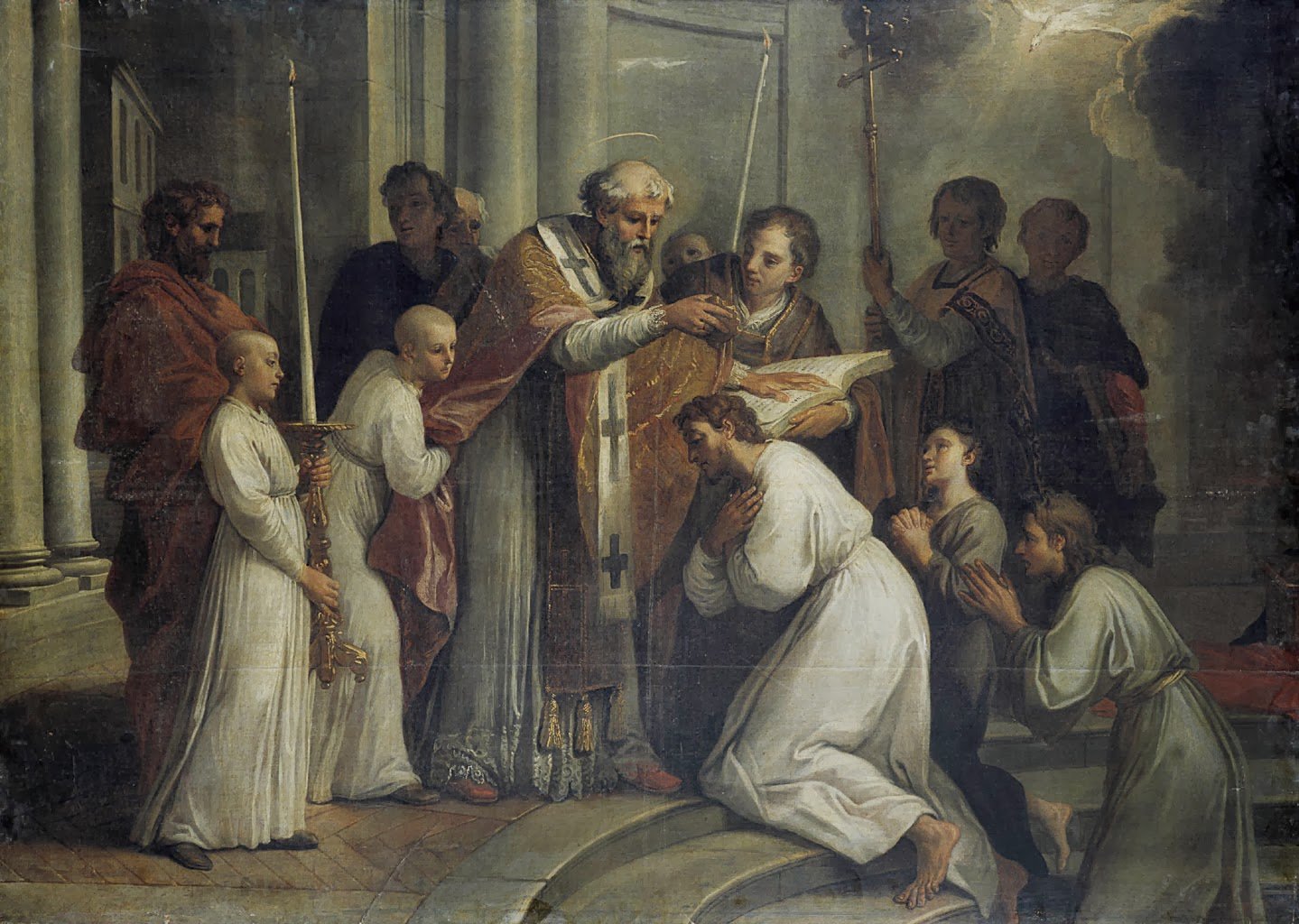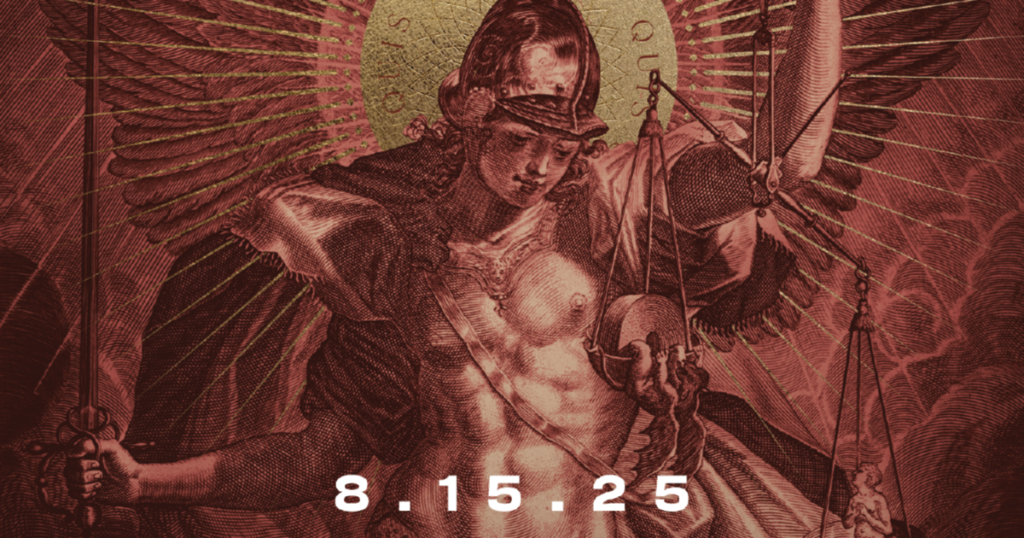Have you ever wondered why we observe the season of Lent before Easter? Put another way, “If Christ has risen, why do we still observe this penitential season?” The history of Lent can help us answer these questions and prepare to make a good Lent this year. Lent is a complicated season. It does not just have one major theme. For catechumens (men and women in RCIA), it’s mainly a time for baptismal preparation. But in places where nobody is preparing for baptism at Easter, many of the baptismal elements are omitted during Lent. In these places, Lent’s focus is more clearly prayer, fasting, and almsgiving. It is a 40-day pre-Easter season preparing us to celebrate Christ’s resurrection. To understand Lent’s true meaning—and how we should observe it this year—we must explore its historical roots in Easter and baptism preparations.
Lent in the Early Church
Originally, Lent wasn’t a set season. In ancient Rome, a brief fast was observed just before Easter. The length of this fast varied from place to place and year to year. The purpose of the fast was clearly about preparing to celebrate the Resurrection at Easter. The Early Church had a very similar tradition that accompanied baptism—which was not necessarily celebrated on Easter Sunday.
Both of these early fasting traditions grew side-by-side, and a three-week fast was established before baptism and before Easter. Over time, as baptism became associated with Easter, this three-week period was set in stone on the calendar before Easter. Our forty-day Lent grew from this period. As the pre-baptismal and pre-paschal fasts were combined, a new season was born: Lent. Lent quickly became a forty-day fast, mirroring Jesus’s forty-day fast in the wilderness.
Lent in the Modern Church
Today, the Church observes both original themes of Lent. The first two weeks are more penitential, focusing on repentance and reflection. The next three weeks emphasize baptismal elements, and the final two weeks are dedicated to preparing for the Passion of Christ. This structure is not just an empty ritual; it’s the key to observing Lent well.
Drawing Lessons for This Lent
What can we learn from this history to help us prepare to make a good Lent this year? We can follow the rich history of the season. During the first two weeks, act like a penitent. Embrace discipline and make a good Confession.
In the middle period, prepare yourself to renew your baptismal promises at Easter. Easter is not just a baptismal season for the men and women in RICA. It is a time for all baptized Christians to embrace our baptismal calling. Let this Lent be a time for repentance and spiritual rebirth, mirroring the journey of catechumens towards baptism.
Finally, during the last two weeks, reflect on Christ’s Passion. These two weeks are perhaps the most fitting time to pray the Stations of the Cross. If you don’t have time to pray them all every day, consider praying one each day—perhaps you can pray one station during your lunch break each day.
As we embark on our Lenten journey, let’s embrace the depth and richness of its history—committing to penance and renewal. Remember, Lent is more than just a time for giving up sweets; it’s a period for deep spiritual growth and preparation. This Lent, commit to living a Lenten practice that follows the tradition of the Catholic Church. This season is a preparation. Take this time to prepare yourself, your family, and the Church for the joy of Christ’s resurrection at Easter.
The Origins and Development of the Season of Lent
Have you ever wondered why we observe the season of Lent before Easter? The history of Lent can deeply enrich our understanding and practice of this solemn season today. Lent is a complex season without a single obvious, dominant theme.

Posts you may like
St. Michael's Lent starts August 15, 2025. Join us as we revive this ancient tradition of the Church!
Discover the inspiring love story of Blessed Karl of Austria and Princess Zita—a marriage grounded in Catholic faith, forged in friendship, and remembered as a model of holy union.
Discover how Catholic men can live out their kingly vocation this summer through service, the example of saintly kings, and the habit of leisure. Join “Kings of Summer” with Exodus
Join more than 250,000 men on Exodus 90
One simple plan with a 14-day free trial.
Backed by our Apostolate Promise.
No credit card required.




